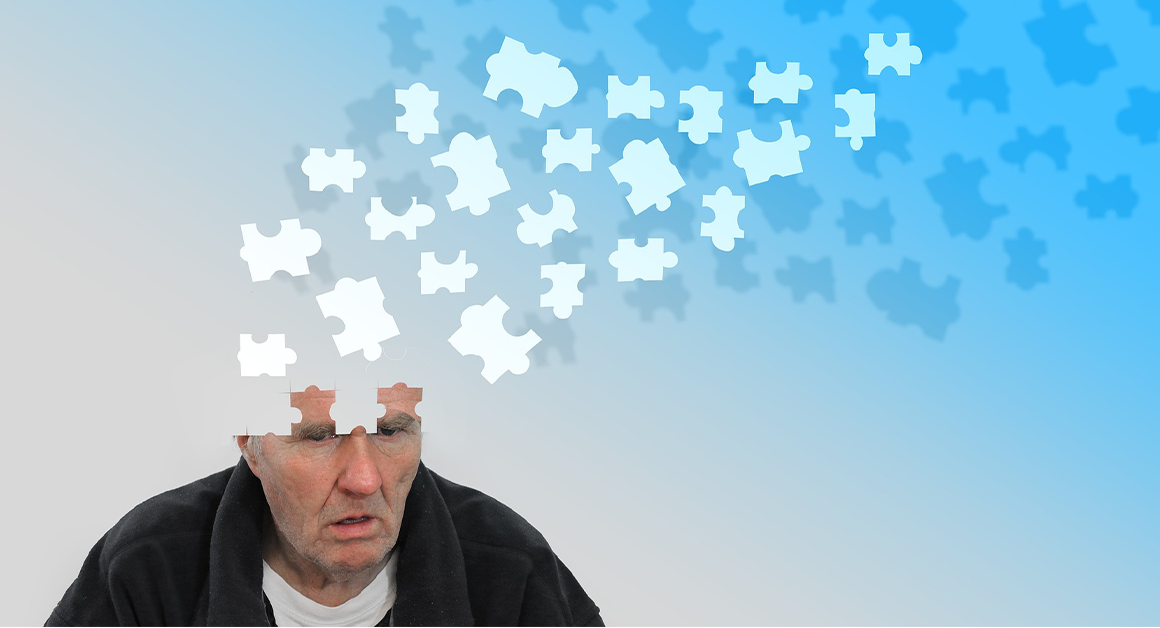Reduce Dementia Risk: 11 Tips
As people age, many fear the unknown changes that come with the process. However, there is plenty of information available to guide individuals through it, and there are steps one can take to prepare. Cognitive decline, commonly associated with dementia or Alzheimer’s disease, is a common fear among older adults.
The good news is that with age, it’s possible to maintain both physical and mental health. By taking control of your well-being, it’s possible to stay active and engaged. While dementia is a real issue for some, it’s important to separate fact from fiction before making conclusions.
What is Dementia?
Contrary to popular belief, dementia is not a natural part of the aging process or a specific disease. Rather, it is a general term used to describe the decline in memory, decision-making, and thinking ability that can significantly impact daily life, as defined by the Centers for Disease Control and Prevention (CDC).
Dementia goes beyond typical age-related forgetfulness, like forgetting names or misplacing items. There are various forms of dementia, with Alzheimer’s disease being the most prevalent, accounting for 60% to 80% of cases.
While some types of dementia, such as Alzheimer’s, frontotemporal, vascular, and Lewy body, are irreversible, others are reversible and may be caused by conditions like emotional disorders, drug reactions, metabolic or endocrine problems, sensory loss, nutritional or electrolyte imbalances, infections, and other factors.
Symptoms of Dementia
While only a medical evaluation can provide a diagnosis, the following behaviors can suggest the presence of dementia:
- Becoming disoriented in familiar settings, like the home, neighborhood, or store
- Referring to objects by the wrong name
- Failing to recognize close family or friends
- Losing the ability to recall important memories
- Struggling to complete basic tasks that were once routine and effortless
Causes of Dementia
Age and family history of dementia are key risk factors for the condition. In addition, certain races and ethnicities, such as African Americans and Latinos, are more likely to develop dementia than Caucasians. Poor cardiovascular health, including untreated high blood pressure, high cholesterol, and smoking, also increases the risk. Traumatic brain injuries, such as those sustained in falls, car accidents, or sports injuries, may also contribute to the onset of dementia. Taking basic safety precautions, such as wearing seat belts and helmets, can help protect against these injuries and potentially prevent dementia.
Tips to Lower the Risk of Dementia
While a medical assessment is needed to diagnose dementia, certain habits and behaviors can help lower the risk of developing it. Here are 11 things you can do:
- Exercise regularly, with a focus on activities that boost heart rate and blood flow, such as walking, running, dancing, or gardening. Exercise is good for overall health as well as cognitive function.
- Engage in mentally stimulating activities, such as reading, taking classes, or playing games, to keep the mind sharp.
- Stay socially active by interacting with friends, family, or colleagues, even if it’s through virtual means during times of social distancing. Volunteering and continuing to work can also help.
- Have a companion, such as a pet or a friend, for emotional support. Walking a dog also provides exercise.
- Quit smoking to improve heart and lung health, which can also benefit the brain.
- Get enough sleep to reduce the risk of memory, thinking, and mood problems.
- Treat mental health conditions like depression and anxiety to maintain the ability to handle daily activities.
- Maintain good vision, as untreated vision problems may increase the risk of dementia.
- Manage stress and keep blood pressure safe through exercise, meditation, or spending time in nature.
- Take steps to avoid falls, such as exercising to improve strength and balance and keeping the home clear of tripping hazards.
- Eat a healthy, balanced diet that is low in saturated fats and emphasizes whole grains, fruits, vegetables, nuts, and healthy fats like olive oil.
If you have concerns about dementia, see a doctor who can assess your symptoms, medical history, and medications and provide guidance.
If a dementia diagnosis is eventually made, a caregiver can provide assistance with daily activities, companionship, and personal care.
